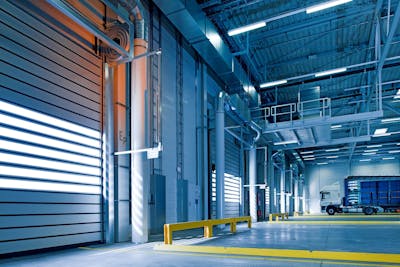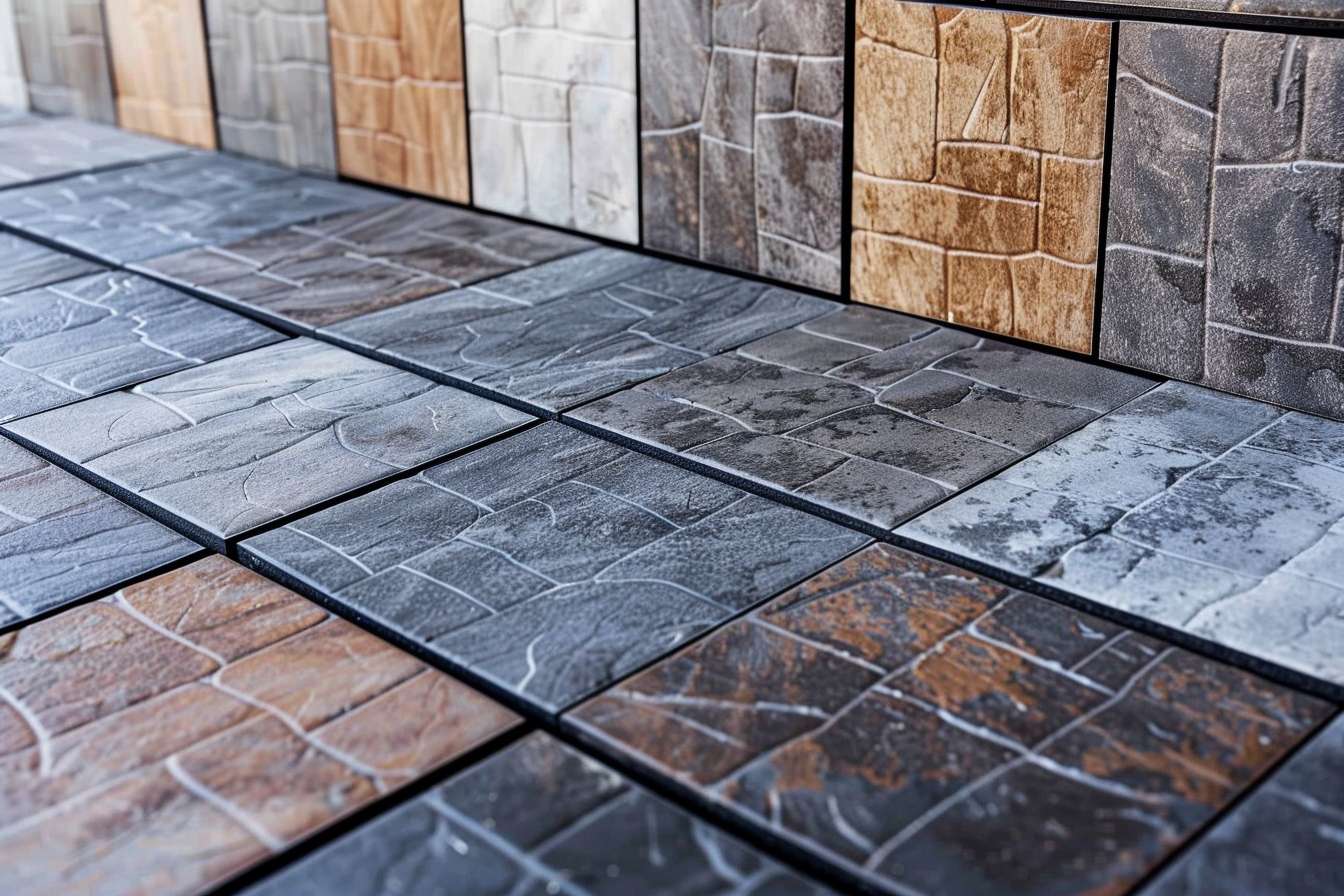Unlocking the Potential of Storage Containers: A Comprehensive Guide
Storage containers have become increasingly popular for various applications, from temporary storage to permanent structures. This guide explores the different types of storage containers available, their uses, and considerations when purchasing or renting them.

What are storage containers and how are they used?
Storage containers, also known as shipping containers or intermodal containers, are large, standardized boxes originally designed for transporting goods across long distances. These sturdy, weather-resistant units have found new life beyond their initial purpose, serving as versatile storage solutions for both residential and commercial needs.
Common uses for storage containers include:
-
On-site storage for construction projects
-
Temporary or permanent storage for businesses
-
Mobile offices or workshops
-
Portable storage for residential moves or renovations
-
Conversion into living spaces or retail units
The adaptability of storage containers has made them a popular choice for those seeking flexible, durable, and cost-effective storage options.
What types of storage containers are available for sale?
When looking for storage containers for sale, customers will encounter several options:
-
Standard shipping containers: These come in various sizes, with 20-foot and 40-foot lengths being the most common. They are typically 8 feet wide and 8.5 feet tall.
-
High cube containers: Similar to standard containers but with an extra foot of height, providing more vertical storage space.
-
Refrigerated containers: Also known as “reefers,” these units are insulated and equipped with cooling systems for temperature-sensitive items.
-
Open-top containers: These feature a removable roof, allowing for easy loading of oversized items from above.
-
Flat rack containers: With collapsible sides, these are ideal for transporting heavy machinery or oddly-shaped cargo.
-
Double door containers: Featuring doors on both ends for convenient access and loading.
When considering storage containers for sale, it’s essential to evaluate your specific needs to determine which type best suits your requirements.
How do portable storage containers differ from traditional storage units?
Portable storage containers offer several advantages over traditional storage units:
-
Convenience: They can be delivered directly to your location, eliminating the need for multiple trips to a storage facility.
-
Flexibility: Portable containers can be kept on-site or moved to a secure storage yard as needed.
-
Accessibility: Users have 24/7 access to their belongings when the container is on their property.
-
Security: High-quality locks and sturdy construction provide better protection than some traditional storage units.
-
Weather resistance: Most portable containers are designed to withstand harsh weather conditions.
-
Cost-effectiveness: For long-term storage needs, purchasing a portable container can be more economical than renting a traditional unit.
However, traditional storage units may offer climate control options and may be more suitable for those with limited space at their property.
What factors should be considered when purchasing shipping containers?
When looking at shipping containers for sale, keep these factors in mind:
-
Condition: New containers offer pristine condition but at a higher cost. Used containers can be more budget-friendly but may have wear and tear.
-
Size: Choose a container that accommodates your storage needs while considering available space at your location.
-
Modifications: Some sellers offer customized containers with added features like windows, doors, or electrical wiring.
-
Delivery and setup: Factor in the cost and logistics of having the container delivered and positioned at your site.
-
Local regulations: Check zoning laws and obtain necessary permits before purchasing a container for long-term use on your property.
-
Intended use: Consider how you plan to use the container, as this may influence the type and condition you should select.
-
Inspection: If possible, inspect the container in person before purchase to ensure it meets your expectations and requirements.
How much do storage containers typically cost?
The cost of storage containers can vary significantly based on several factors, including size, condition, and location. Here’s a general overview of pricing for different types of storage containers:
| Container Type | Condition | Estimated Price Range |
|---|---|---|
| 20-foot standard | New | $3,000 - $5,000 |
| 20-foot standard | Used | $1,500 - $3,000 |
| 40-foot standard | New | $5,000 - $7,000 |
| 40-foot standard | Used | $2,500 - $4,500 |
| 40-foot high cube | New | $5,500 - $7,500 |
| 40-foot high cube | Used | $3,000 - $5,000 |
| Refrigerated (20-foot) | Used | $6,000 - $10,000 |
Prices, rates, or cost estimates mentioned in this article are based on the latest available information but may change over time. Independent research is advised before making financial decisions.
It’s important to note that these prices can fluctuate based on market conditions, location, and customization options. Additional costs to consider include delivery fees, site preparation, and any necessary modifications or accessories.
Where can storage containers be purchased or rented?
Storage containers can be acquired through various channels:
-
Container suppliers: Specialized companies that sell and rent both new and used containers.
-
Online marketplaces: Websites like eBay or Craigslist often list used containers for sale.
-
Shipping companies: Some shipping lines sell off their older containers.
-
Local dealers: Many areas have local businesses that deal in storage containers.
-
Container brokers: These intermediaries can help source containers from multiple suppliers.
-
Rental companies: For temporary needs, many companies offer container rentals with flexible terms.
When choosing a supplier, consider factors such as reputation, customer service, delivery options, and warranty or guarantee offerings.
In conclusion, storage containers offer a versatile and practical solution for various storage needs. By understanding the types available, considering key factors, and exploring different purchasing options, individuals and businesses can make informed decisions when acquiring storage containers. Whether for temporary use or long-term applications, these durable units continue to prove their value in both residential and commercial settings.




